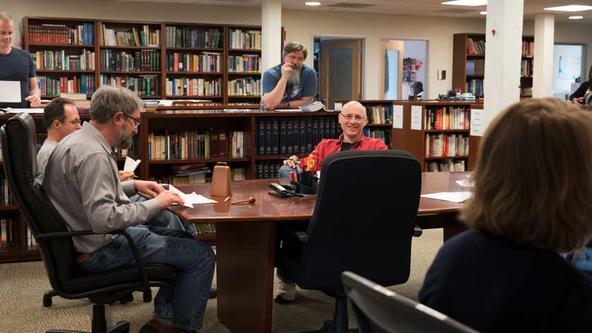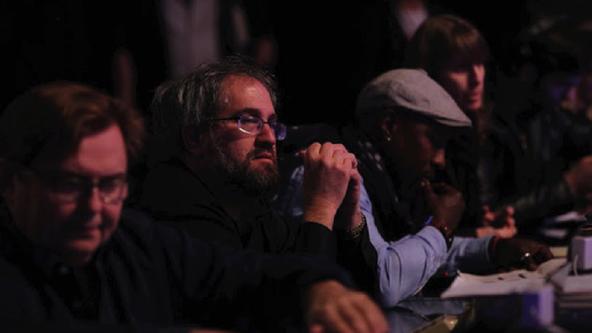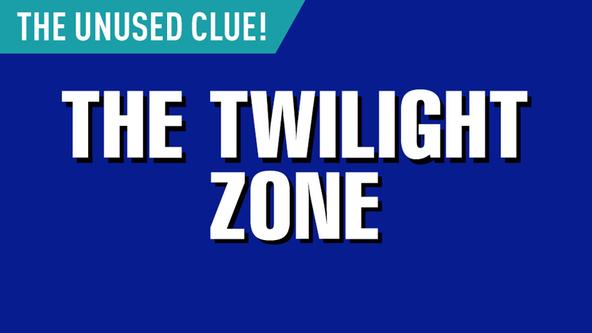Featured J!Buzz
What makes a source a good one for a Jeopardy! clue? In a word, reliability. We do our best to draw information from the purest possible wells. The simplest way to ensure accuracy is to work directly from “primary” sources – original materials such as historical documents, eyewitness accounts, and recordings that provide unfiltered information on a topic.
For categories like THE KING JAMES BIBLE SAYS or CONSTITUTIONAL AMENDMENTS, the original texts are the place to go; for MOVIE QUOTES, there’s no substitute for the films themselves. Broader categories generally require reference works and other interpretive sources; in choosing these, we rely on pedigreed institutions such as Encyclopedia Britannica and the Oxford English Dictionary, with their long-standing reputations for scholarship, or the CIA World Factbook, which brings the vast resources of the U.S. intelligence community to its country profiles. Other sources are evaluated on a case-by-case basis, taking into account the author’s credentials, reputation, expertise, possible biases, and more.
In the quest for accuracy, the internet is both a blessing and a curse. It puts almost limitless information at the user’s disposal; the digital collections of the Library of Congress (www.loc.gov/collections/), for example, are a primary-source treasure trove, while regularly updated online versions of Britannica, the OED (www.oed.com/), and many other reputable works are available at the click of a mouse.
On the other hand, the web can act as a vast echo chamber of error, spreading and perpetuating myths and urban legends. Examples? Sure! Einstein never defined insanity as doing the same thing over and over again and expecting different results, and Samuel Goldwyn didn’t coin the gem “verbal contracts aren’t worth the paper they’re printed on.” In cases like these, dedicated debunkers such as www.snopes.com and www.quoteinvestigator.com can be of great assistance in navigating the often stormy seas of cyberspace.
We stress the reputation of sources as a matter of maintaining our own reputation. Jeopardy! strives to be trusted by its audience as a source of information and by its contestants for fairness, so we lean heavily on authorities that command wide respect. Quite often that involves just picking up the phone and talking to the source directly. Because, yeah ... we can be old-fashioned, too.
Ultimately, though, our goal is to make our clues as precise, as accurate, and as truthful as they can be.





